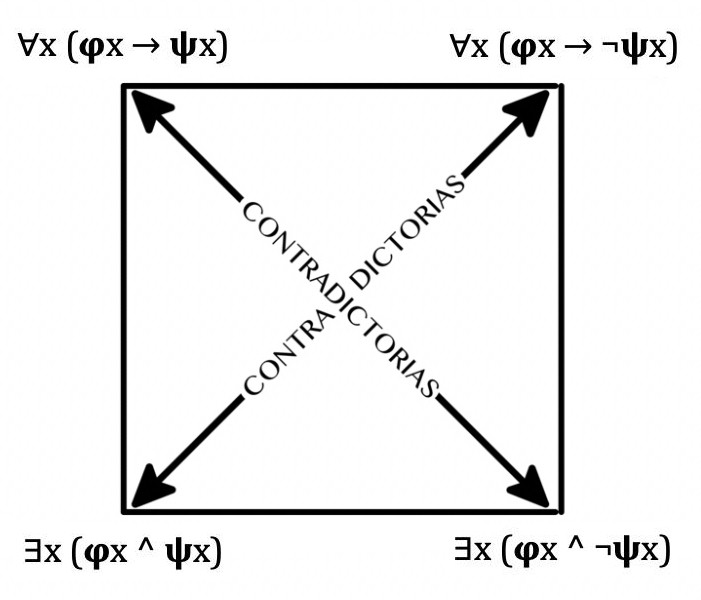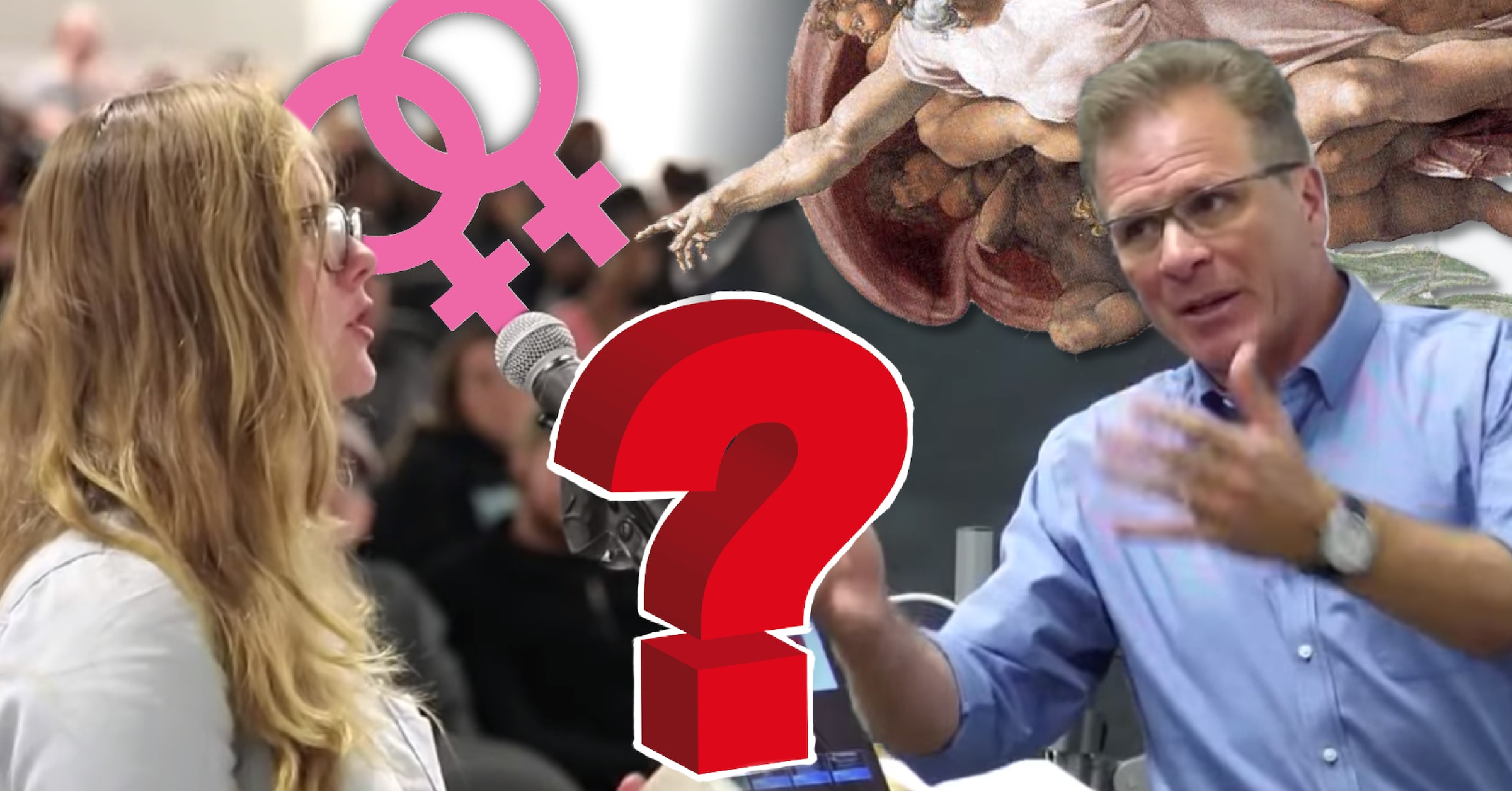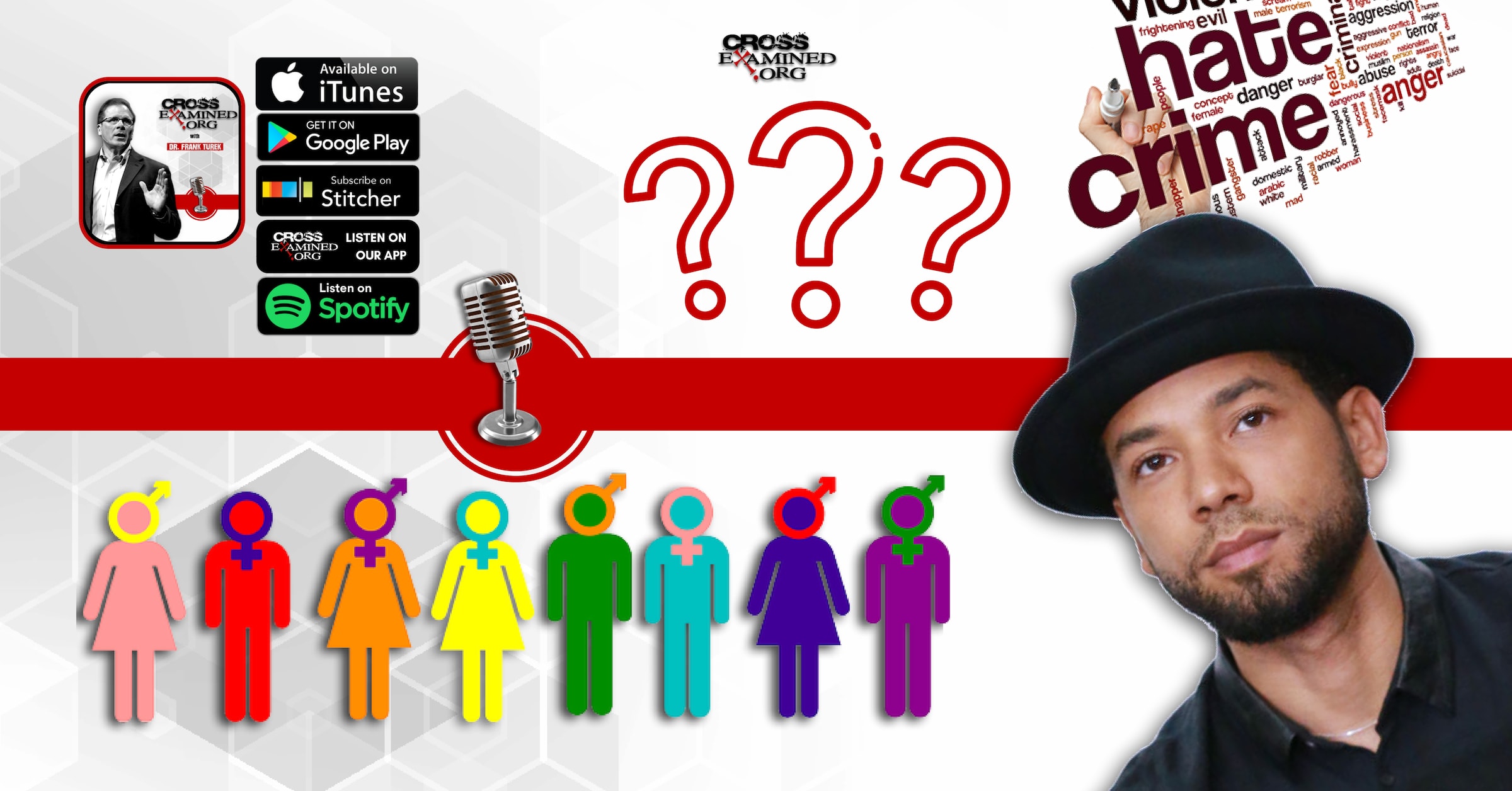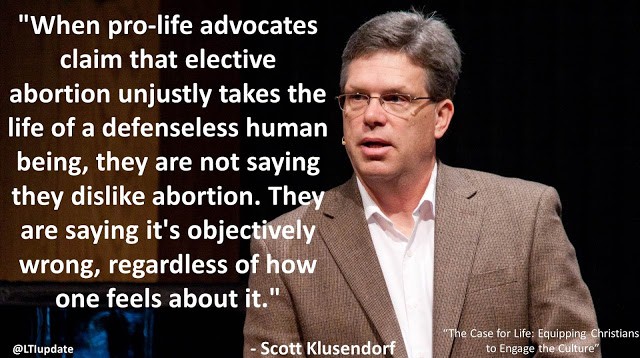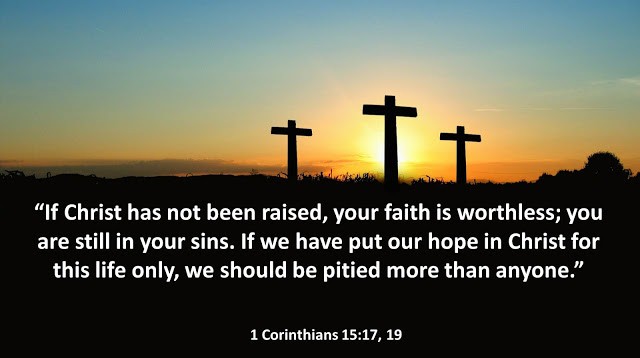By Terrell Clemmons
How Soviet Disinformation Infected the West & What the West Can Do About It
On Tuesday, July 25, 1978, Romanian-born Ion Mihai Pacepa (‘e-YOHN MEE-hai pa-CHEP-a’) crossed the small outer lobby of the United States Embassy in Bonn, West Germany, and made his way toward the Marine officer standing guard, arms across his chest, at the door to the entrance. The son of a devout Christian mother, the intelligence veteran had sworn to himself upon being drafted into the Securitate (Romanian secret police) that he would never take part in a political killing. For 27 years he had lived with the running nightmare that, at some point, assassination orders would land on his plate. The previous Saturday, the dreaded moment had arrived.
Now was the time to break with the evil system that had controlled his entire adult life. In spite of his resolve, though, the physical steps were proving harder than the mental ones. Keeping his voice as low as possible, he spoke directly to the Marine. “I am a Soviet bloc two-star intelligence general, and I want to defect to the United States.”
Three days later, in the pre-dawn darkness of Friday, July 28, General Pacepa boarded a military plane at U.S. Rhein-Main Air Base, bound for Washington, D.C. Aside from the clothes he was wearing, his worldly possessions consisted of the paperwork confirming President Jimmy Carter’s approval of his request for political asylum, his passport, some personal notes, and a camera containing a few snapshots of his daughter. That night, after a very long first day in his newly adopted homeland, he fell to his knees and prayed aloud for the first time in more than 25 years. Exactly three months shy of his fiftieth birthday, he was a free man.
Disinformation: Deception as Strategic Policy
And an exceedingly grateful one. Coming to America to stay had been a lifelong dream of his. His hands may have been empty, but his head was crammed full of information of monumental importance to the West, and he was eager to share it. Hanging in his abandoned office back in Bucharest, there was a banner proclaiming, “CAPITALIST ESPIONAGE REPORTS HISTORY. WE MAKE IT.” To understand what the Soviets meant by that little epigram, one must understand the Russian “science” of dezinformatsiya, or disinformation—a foreign concept to well-meaning, free-world Westerners.
Lest we think that global warfare ended with World War II or that Western political liberty prevailed for good with the collapse of the Berlin Wall, General Pacepa would advise us to think again. The Soviet cancer of disinformation has metastasized across the globe, and recognizing and countering it is literally a matter of life and death, as the octogenarian—now an American citizen—shows in his latest book, Disinformation: Former Spy Chief Reveals Secret Strategies for Undermining Freedom, Attacking Religion, and Promoting Terrorism (WND Books, 2013), co-authored with law professor Ronald J. Rychlak.
Disinformation is not synonymous with misinformation. If Russian sources had fabricated a story and published it through their own outlets, that would be misinformation, and Westerners would rightly have read it through a skeptical filter. If, however, the same information appeared in Western media and was attributed to Western sources, that would be disinformation. In both cases, it reduces to flat-out lying, but in the latter case, the credibility of the lie—and therefore its power—is substantially greater.
Codified in highly classified training manuals, disinformation was, for the Soviet-bloc countries, a carefully planned and strategically executed “science.” By 1950, Joseph Stalin, Supreme Dictator of the USSR and de facto head of roughly a third of the world’s population, faced a strong post-war alliance between the U.S. and Western Europe. He knew he didn’t have the military or economic strength to break that bond, but he was also a bad loser, unable to coexist contentedly with the free West. So he reverted to the older, low-tech weaponry of lies and emotional manipulation.
He appointed Andrey Vishinsky as Minister of Foreign Affairs and charged him with turning European sentiments against America. (Vishinsky would accomplish this by accusing America of harboring Zionism—more on that in a moment.) Then he dispatched Aleksandr Panyushkin to Washington, D.C., as Soviet Ambassador to the U.S. Panyushkin’s main task was to foster the creation of peace movements in America (because, if you can seduce your enemy into laying down his arms, he and everything behind him will all be yours). The goals were to divide the West and to vilify and weaken America, the strongest of the Western nations.
This was the strategy with which the Cold War was prosecuted from Moscow. Stalin called it World War III. It was a war of ideas—an intelligence war in which more people worked in disinformation than in the Soviet army and defense industry combined.
But unlike Western intelligence services, Soviet-bloc espionage was not designed to obtain factual information or analyze the enemy. The purpose of foreign intelligence for the Soviets was to spread information—false information, usually aimed at accomplishing one of three objectives: (1) to polish a Communist leader’s image, (2) to hide Communist crimes, or (3) to frame and slander an enemy—usually America, the Church, or later, Israel. Very often, disinformation involved rewriting history, retrofitting what has beento make it accord with whatever best furthered the objectives of the current regime. Thus, there were “few things more difficult for Russian and Western historians,” Pacepa and Rychlak note wryly, “than to predict Russia’s past.”
Only in a world of deceit is the past unpredictable. But this is what was meant by the pithy assertion, WE MAKE HISTORY.
Truth as Counter-Strategy
Disinformation amounted to deception as national policy. Of course, this was never publicly announced by the Kremlin, and by and large, Western leaders were oblivious to the sheer cunning of it. President Truman did know, however, that Stalin intended to expand territorial control. Truman also believed that the “force of imperialistic communism” could only be stopped “through a concerted religious effort,” one that would place the superiority and strength of “truth and freedom” before the peoples of the world. In this way, Truman reasoned, Soviet falsehoods would be overcome by the “plain, simple, unvarnished truth.”
And so he launched his “Campaign of Truth” in 1950, which he rightly saw as “a struggle, above all else, for the minds of men.” He asked Pope Pius XII, who had proven himself a strong moral ally in the face of Nazism, for help, and a cooperative, free-world counteroffensive began, which gave birth to the Voice of America, Radio Free Europe, and Radio Liberation (later, Radio Liberty). The Vatican acquired a large tract of land north of Rome for a new broadcasting center, and in 1957 it went into operation. Soon after that, Vatican Radio, which had helped the resistance oppose the Nazis during World War II, became another high-powered voice of truth, countering the lies of Communism in 47 languages.
“Blow Up That Whole W-w-wasps N-n-nest”
Quantifying the full return on this kind of a political-global investment is humanly impossible, but the ramifications with respect to Pacepa alone would prove profound, as the broadcasting center would play a role in his defection. The target of the long-dreaded assassination order that prompted him to defect in 1978 was Noel Bernard, the director of Radio Free Europe’s Romanian program. “I w-w-want Noel k-k-killed,” Romanian “President” Nicolae Ceausescu had whispered in his ear on July 22, 1978. “And a few days later,” he had continued, “blow up that whole w-w-wasps n-n-nest.” The “wasp’s nest” was the Munich headquarters of Radio Free Europe, from which Bernard had been blackening Ceausescu’s carefully crafted image. So Bernard had to go, “Death to truth-tellers” being the primal instinct of a dictator.
But out of conscience, as we have seen, Pacepa sought asylum in the U.S. rather than complying with the order. Indeed, far wider consequences were yet to unfold. In 1987, with the encouragement of his American patriot wife Mary Lou, and after overcoming obstacles to publication erected by the Carter administration, Pacepa published his first book, Red Horizons: The True Story of Nicolae and Elena Ceausescu’s Crimes, Lifestyle and Corruption. (At the time, America and the West were fawning over Ceausescu—the strategic result of a successful disinformation campaign out of Moscow.) In 1988, Red Horizonswas serialized over Radio Free Europe, and the following year, both Nicolae and Elena Ceausescu were executed by the Romanian people after a trial in which the charges had come nearly word-for-word out of Red Horizons.
At the risk of sounding like an infomercial, (But wait!) there’s more. During this time also, two congressmen handed a copy of Red Horizons to President Reagan, to whom it became “my bible for dealing with dictators.” By 1990, the Berlin Wall had come down, and the entire Soviet edifice would soon follow.
The Empire Strikes Back
Of course, this was a cataclysmic collapse with far-reaching implications, prompting justifiable celebrations worldwide. But the evil designs on the West had gone to seed, and whole KGB-launched or KGB-commandeered organizations based on falsehood had put down roots and taken on pernicious lives of their own.
The most virulent strain to emerge thus far has come out of the Middle East. On April 16, 2004, Sheik Ibrahim Mudeiris appeared on Palestinian TV and, pounding his fist in the air, cried out, “It is World Zionism that manipulates U.S. decision-making by remote control.” How did he know this? This “World Zionism” had been exposed, he said, by Roger Garoudy, a former French Communist convert to Islam, who had learned of it from reading The Protocols of the Elders of Zion.
This, too, is the fruit of a disinformation campaign—Operation “SIG,” which involved disseminating into the Islamic world hundreds of thousands of Arabic translations of the Protocols—a known Russian forgery saying that the Jews planned to take over the world. (Protocols had also, incidentally, been the basis for much of Hitler’s Mein Kampf.) Pacepa was personally involved in distributing it, along with “documentary” material “proving” the U.S. to be the Jews’ Zionist accomplice. Lest this sound too far-fetched to be believed by peaceable Westerners, Pacepa scrupulously details the machinations and chain reactions from Moscow to a plethora of leftist peace movements, liberation ideologues, and Islamic jihadists.
Plain Truth: Still the Best Defense
Disinformation can be tough reading. The darkness of the evil it exposes assaults the psyche, but the onslaught is mitigated by the unfolding revelation of how plain, unvarnished truth did illuminate the darkness and out-endure the lies. Pacepa’s own story of redemption, the collapse of the USSR, and the enduring light of the Catholic Church—these all bear witness that truth and virtue ultimately prevail and that the campaign of truth is still the best hope in the face of evil empires and their lies.
Terrell Clemmons is a freelance writer and blogger on apologetics and matters of faith.
This article was originally published at salvomag.com: http://bit.ly/2T1ClTz


